5 Signs You Need To Seek Help for Addiction
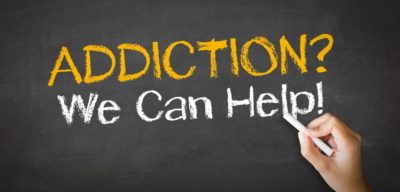 Making the decision to enroll in a treatment program for drug or alcohol addiction isn’t an easy one. When drug use is out of control and it’s affecting your physical or mental health, it’s time to seek help at an inpatient or outpatient program. New Day Recovery is a treatment facility that offers detox treatment, residential drug treatment, and outpatient rehab programs.
Making the decision to enroll in a treatment program for drug or alcohol addiction isn’t an easy one. When drug use is out of control and it’s affecting your physical or mental health, it’s time to seek help at an inpatient or outpatient program. New Day Recovery is a treatment facility that offers detox treatment, residential drug treatment, and outpatient rehab programs.
In most cases, people who abuse substances surround themselves with others who either abuse drugs and alcoholor downplay the severity of the situation. However, addiction can lead to serious health issues if left untreated. Read on to discover the five key signs you need to go to rehab.
1. You Meet More Than Three Criteria for a Substance Use Disorder on the DSM-5
 The National Institute on Drug Abuse defines addiction as a “chronic, relapsing disorder characterized by compulsive drug seeking and use despite adverse consequences.” When a doctor assesses an individual to diagnose whether they have a substance use disorder, they use the DSM-5 manual.
The National Institute on Drug Abuse defines addiction as a “chronic, relapsing disorder characterized by compulsive drug seeking and use despite adverse consequences.” When a doctor assesses an individual to diagnose whether they have a substance use disorder, they use the DSM-5 manual.
If you meet less than three of the criteria, we’d recommend going to see your primary care physician so they can advise you about the best course of action.
Three or more suggests that you have a moderate substance use disorder, while six or more denotes a severe disorder. In these instances, many people need a medical detox, and all require addiction treatment at drug or alcohol rehab. The 11 signs of addiction are:
- Insatiable cravings
- Giving up hobbies
- Health issues
- Significant portion of time spent using
- Repeated failed attempts to stop
- Using more over longer periods
- Increased tolerance
- Withdrawal symptoms upon cessation
- Neglecting responsibilities
- Interpersonal and social problems
- Endangering yourself and others
There’s no need to panic or feel bad if you do meet several criteria on this list. An addiction treatment program can help you build up the necessary defenses and learn skills and tools to overcome addiction. Knowing when to go to rehab could be the difference between realizing your future dreams and getting sucked into a lifetime of substance abuse.
2. Your Main Priority Is Alcohol or Drug Abuse
When you’re in the throes of addiction, it can be incredibly difficult to truly understand your own motivations and intentions. Lots of addicted people feel like they’re in control and can’t understand what the fuss is about. However, the very first step towards sobriety is learning to take a step back and view yourself.
Think carefully about what your main priority is — are you spending most of your time obtaining, using and recovering from drug or alcohol abuse? If the answer is yes, there’s a serious health care problem at play. If you’re willing to neglect social, work or school responsibilities in favor of harmful substance use, your brain is no longer putting your well-being first.
Drugs and alcohol hijack the reward centers in your mind, which is why using seems as urgent and necessary as drinking water or eating food.
3. Health Problems Arise Frequently
The main thing people forget when they’re living a lifestyle that includes frequent substance abuse is how damaging it is to the mind and body. Not only do these substances have a serious impact on physical health, they also lead to chemical imbalances of neurotransmitters — which can make any existing mental health conditions worse and even cause conditions such as anxiety and depression.
There are some day-to-day health issues that often arise when people struggle with substance use disorders. Weight loss due to decreased appetite, digestive problems, insomnia, sweating, shaking, nosebleeds, headaches and memory problems are clear signs that drugs or alcohol are taking a serious toll on your well-being.
4. You Never Have Any Money
A clear sign that you’ve lost control over your habit is if you never have money and can’t make your paycheck last for the week or month. Addiction leads to the compulsive use of a person’s substance of choice. As such, you’ll never have any spare money because your brain is prioritizing getting drunk or high.
Ifyou’re taking care of basics such as rent and food, but you’re not keeping any money set aside for hobbies, the future or emergencies, it is likely you need rehab.. If you’re able to regulate your finances, your addiction might not yet be severe — but it’s a chronic disease that gets progressively worse, so don’t fall into the trap of thinking it won’t reach that stage.
5. Friends and Family Members Express Concern
If the people who know you the best are expressing concern about your health or recommending you spend time at a treatment center, it’s a clear sign you need rehab. It’s important to listen to those who love you because they wouldn’t comment on your substance use or suggest rehab unless they were seriously concerned.
Bear in mind that people aren’t trying to attack you or judge you; they’re trying to help you help yourself. Your behavior might have changed significantly over time, and it can be shocking and scary to see loved ones continually make decisions that are harmful to them in the long term. Try not to argue with your friends and family, but listen to them and explain how you feel. Together, you can come to a solution.
Get Help for You or a Loved One at Drug Rehab
Don’t wait until you hit rock bottom before you seek help. Alcohol and drug addiction have the potential to cause serious damage, but substance abuse treatment can help you turn your life around. Call New Day Recovery today at 330-953-3300 to speak to one of our addiction experts about taking the first step on your recovery journey.

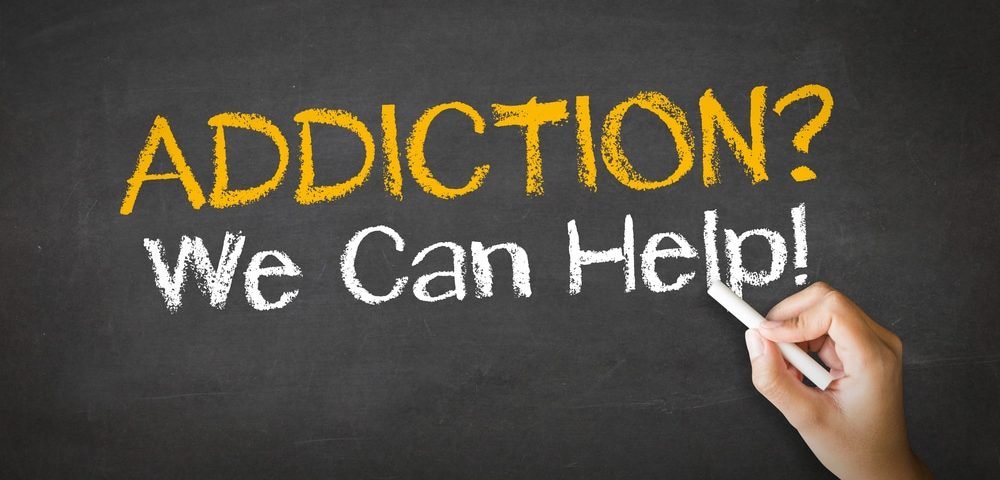

 While there are more than 10 million individuals in the United States who are struggling with a substance abuse problem, only a tiny fraction of them receive the help they need. Addiction is an all-consuming disease that rewires the brain to prioritize your substance of choice above everything else.
While there are more than 10 million individuals in the United States who are struggling with a substance abuse problem, only a tiny fraction of them receive the help they need. Addiction is an all-consuming disease that rewires the brain to prioritize your substance of choice above everything else. For many people, even the remotest chance of coming across someone they know in their own hometown is enough to put them off joining a drug or
For many people, even the remotest chance of coming across someone they know in their own hometown is enough to put them off joining a drug or 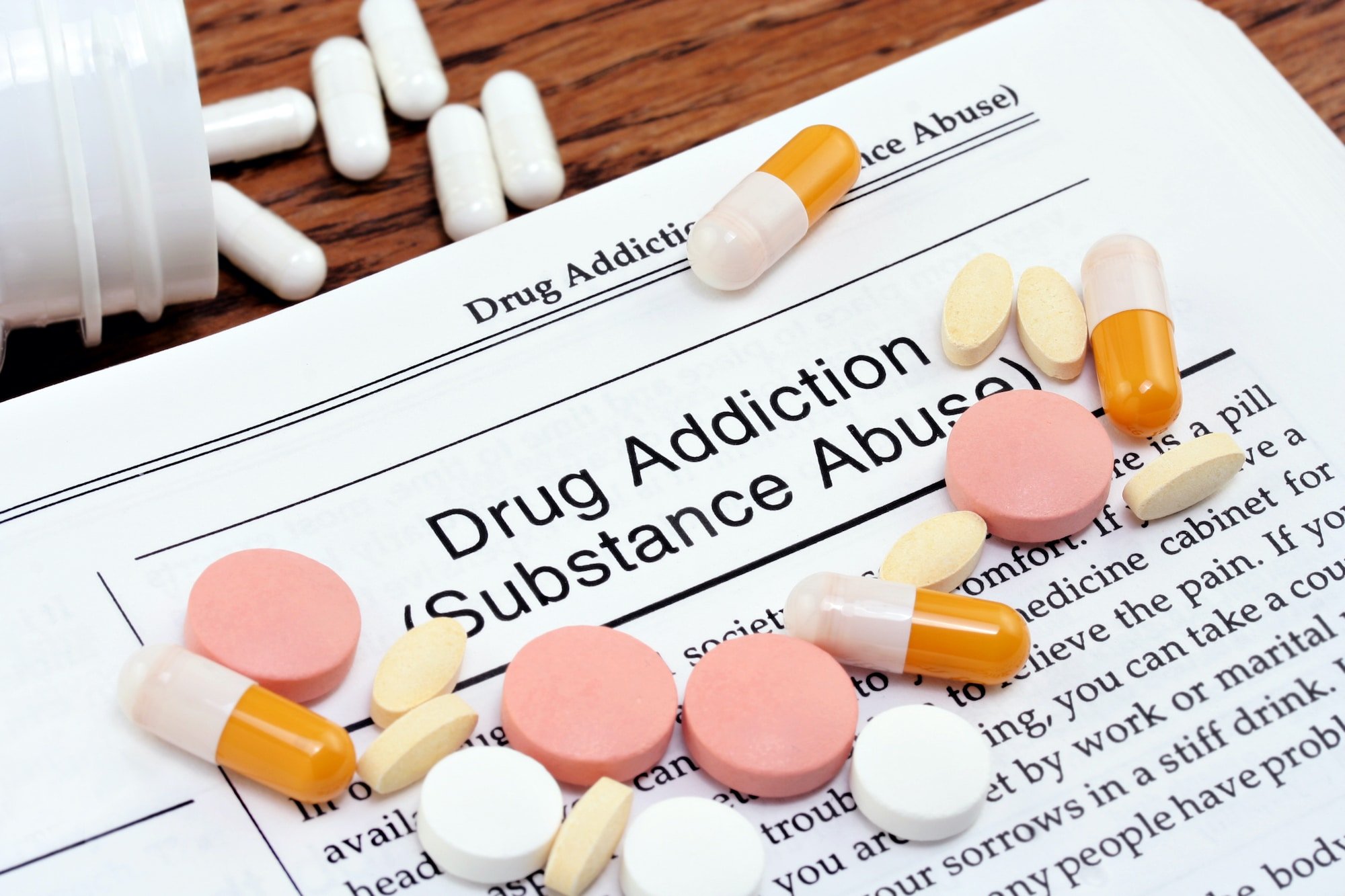
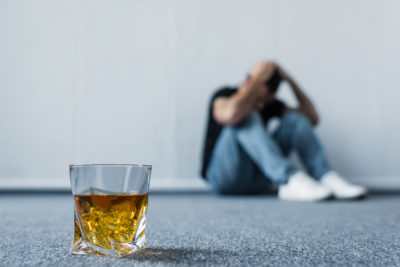
 Another critical aspect of the disease of addiction is withdrawal symptoms. Withdrawal symptoms occur if you stop using a physically addictive drug. The changes these types of drugs make in your body create a sense of need for the drug. In short, your body thinks having the drug is normal and that something is wrong when you don’t have the drug, so it starts to exhibit symptoms that something is wrong.
Another critical aspect of the disease of addiction is withdrawal symptoms. Withdrawal symptoms occur if you stop using a physically addictive drug. The changes these types of drugs make in your body create a sense of need for the drug. In short, your body thinks having the drug is normal and that something is wrong when you don’t have the drug, so it starts to exhibit symptoms that something is wrong.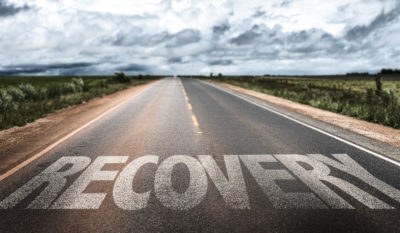 Here’s a look at some of the treatment options available for those struggling with addiction:
Here’s a look at some of the treatment options available for those struggling with addiction: 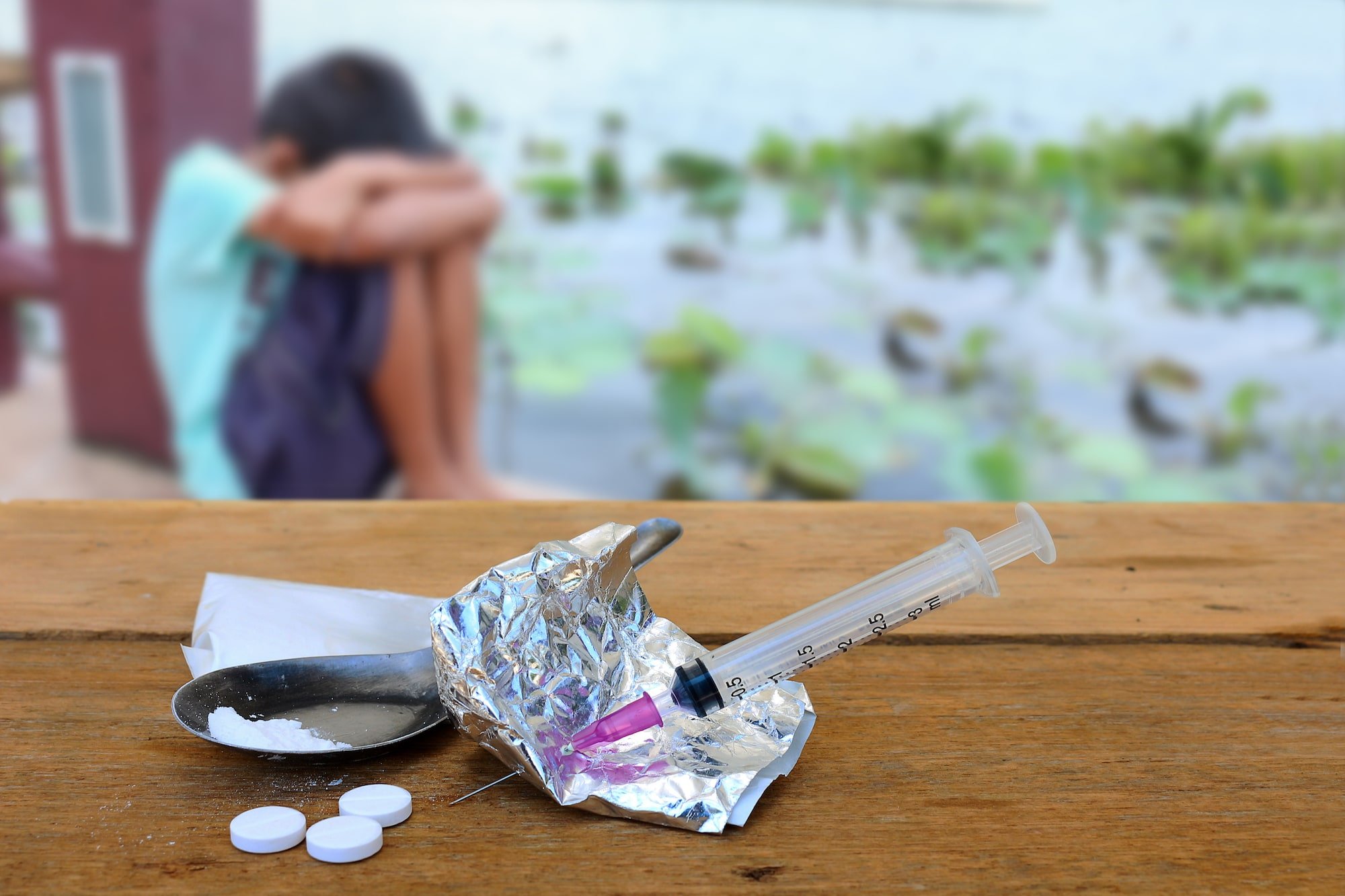
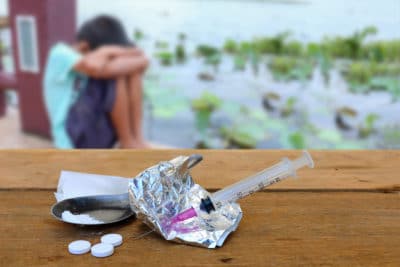 Cross addiction is a very real risk for people who have successfully completed a drug or
Cross addiction is a very real risk for people who have successfully completed a drug or 

 Workplace stressors can be challenging — but it’s these exact types of obstacles that the therapy you’ve done helps you to cope with. As with any life-changing moment, anticipation is usually more stressful than the act itself. Once you’re back to work, you’ll be smashing goals, interacting with colleagues and showing the world how strong you are to have overcome addiction.
Workplace stressors can be challenging — but it’s these exact types of obstacles that the therapy you’ve done helps you to cope with. As with any life-changing moment, anticipation is usually more stressful than the act itself. Once you’re back to work, you’ll be smashing goals, interacting with colleagues and showing the world how strong you are to have overcome addiction. 5. Communicate With Your Employer
5. Communicate With Your Employer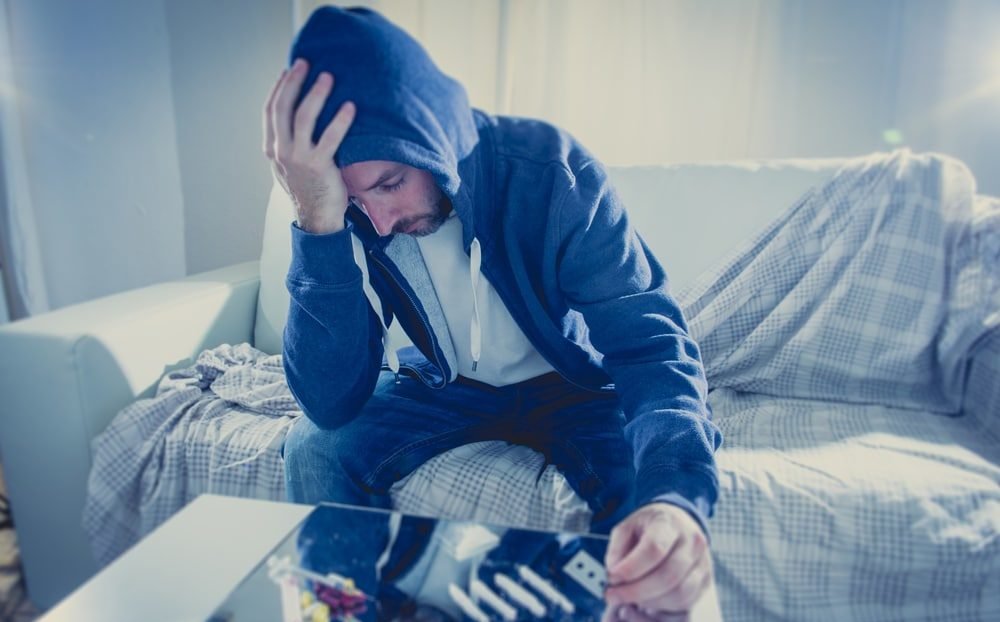
 Codependency doesn’t cause addiction or vice versa, but it often occurs in families and relationships where substance use disorders are involved. It’s frequently seen in the following scenarios:
Codependency doesn’t cause addiction or vice versa, but it often occurs in families and relationships where substance use disorders are involved. It’s frequently seen in the following scenarios:
 Relapse triggers vary from person to person. While those recovering from addiction may be triggered by the people around them, others cite stress as the most common relapse trigger they face. Regardless of what the cause is, those in the field agree that while relapses do inhibit recovery, they can certainly be overcome with some work and determination. Below we’ve listed some of the most common relapse triggers.
Relapse triggers vary from person to person. While those recovering from addiction may be triggered by the people around them, others cite stress as the most common relapse trigger they face. Regardless of what the cause is, those in the field agree that while relapses do inhibit recovery, they can certainly be overcome with some work and determination. Below we’ve listed some of the most common relapse triggers.